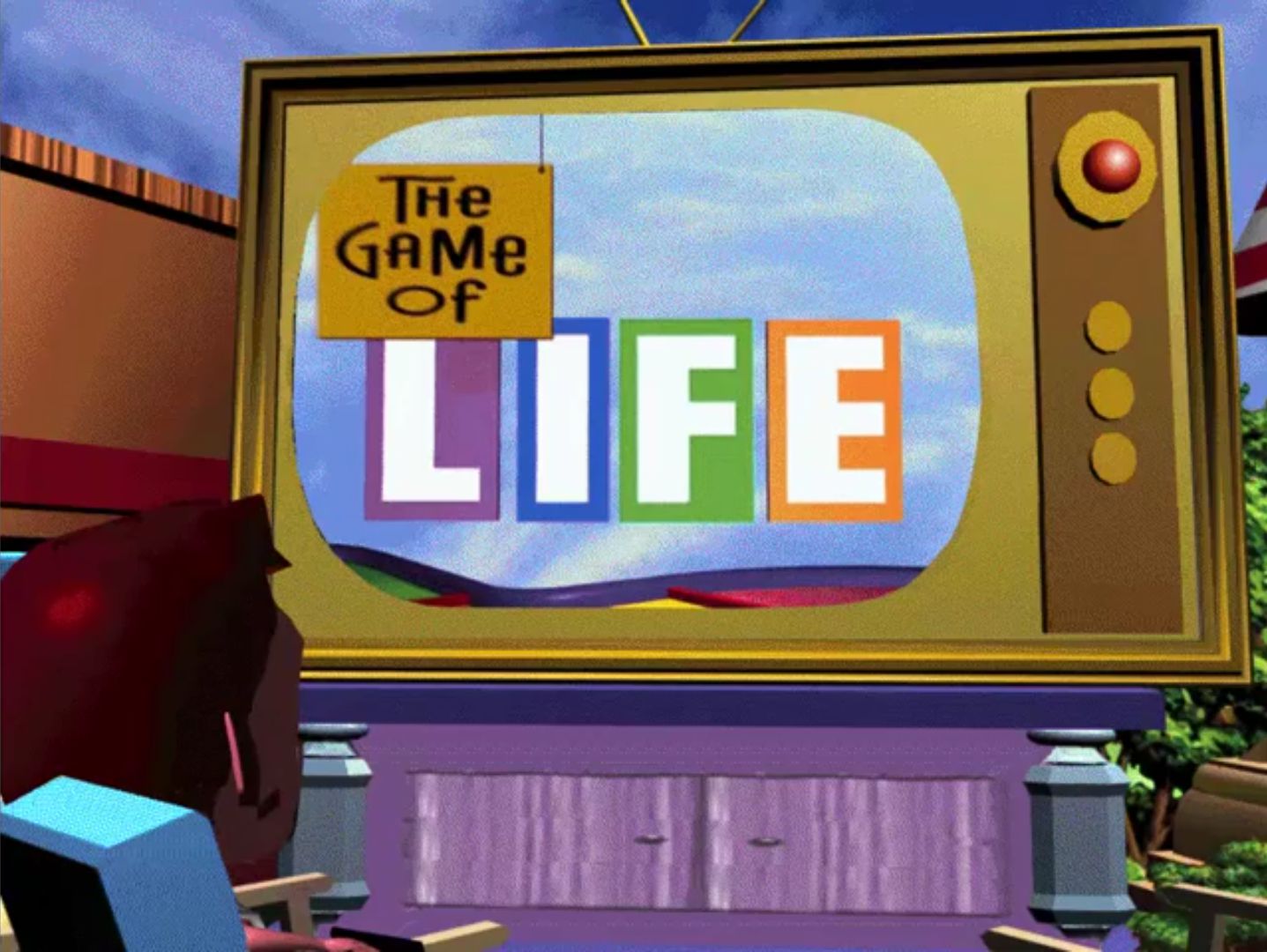
But there are limits to the idea, and I think it’s worth calling out those limits. And I’ve also found it useful to think through the analogy of an ‘early/mid/late’ game, to remind myself that careers tend to play out over 40 year arcs. For instance, I’ve written at length on using the ‘ metagame’ to identify the very edges of some skill domain, in order to build a learning syllabus for yourself. It is sometimes very useful to think of life as a game. So what’s the problem with this view? The problem, of course, is that it uncritically treats life as a game. (Ono tries as much as possible to win on large points, instead of penalties this places him at a disadvantage relative to the rest of his competition). We admire Roger Federer, for instance, who has dominated the top levels of international tennis playing a beautiful - if more difficult! - style of tennis, the same way that Judo players admire Shohei Ono, who has remained undefeated in the -73kg weight category for a few years now, despite consistently going for dominate throw, choke, or armbar. The twist, of course, is that we do admire people who play more difficult games - assuming that they continue to win. And there is some merit to this view: you are not, for instance, more virtuous or heroic or better qualified if you succeed in business by playing a more difficult game nobody is really keeping score that way. The way I articulated it was through the words of my friend Lesley, who said: “you want to make sure you’re playing the actual game, not some more complicated game you’ve made up in your head”. I argued that it was totally possible to take on scrub-like behaviours in business and in life, and that we should be careful when we do so. The problem is they are only trying hard within a construct of fictitious rules that prevent them from ever truly competing. You aren't playing to win.Ī scrub would disagree with this though. You've lost before you even picked which game to play. You can practice forever, but if you can't get over these common hangups, in a sense you've lost before you even started. The scrub mentality is to be so shackled by self-imposed handicaps as to never have any hope of being truly good at a game. Everyone needs time to learn a game and get to a point where they know what they're doing.


It sounds like kind of a harsh term, but it's the one that was already in common usage in games to describe a certain type of player, and it made more sense to me to explain that rather than to coin a new term.Ī scrub is not just a bad player. I got a fair amount of reader feedback in the weeks after the piece, and I thought one argument in particular was worth examining in further detail.įirst, a quick recap - in my original essay, I introduced the concept of a ‘scrub’, citing Street Fighter tournament player and game designer David Sirlin: "Scrub" is not a term I made up. Late last year I wrote an essay titled Are You Playing to Play, or Playing to Win? which seems to have haunted a great many people.


 0 kommentar(er)
0 kommentar(er)
